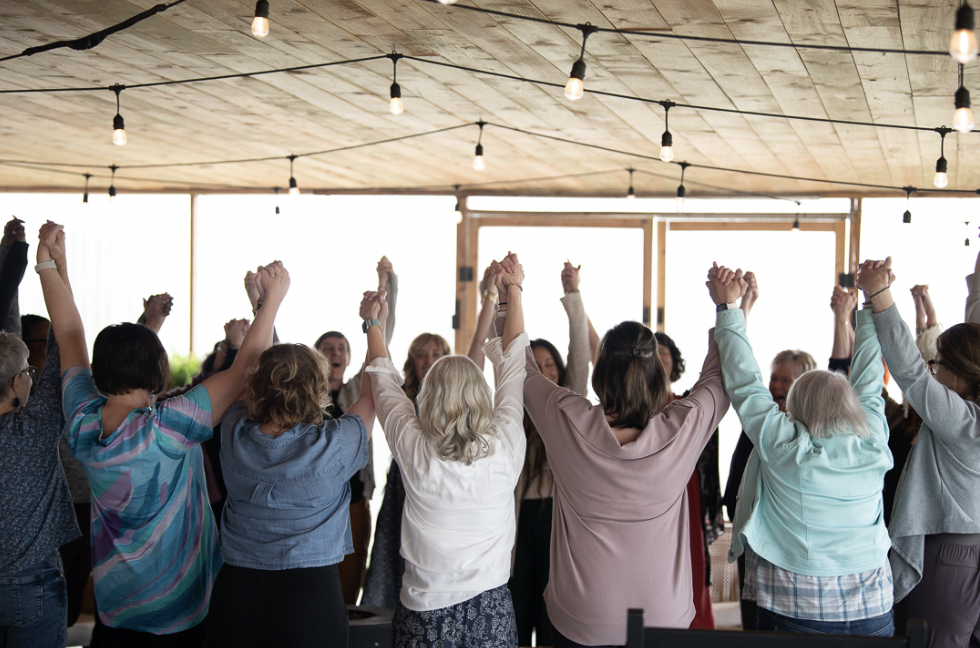Tend Her Hope is officially done, but you can continue to access this course and
I am incessantly curious about the workings of the human mind, particularly during these deeply turbulent times when hope can feel very far away.
It appears many of us have lost our hope in humanity and its institutions. Between 1970 and 2022, the percentage of Americans who trusted the presidency fell from 52 to 23 percent, newspapers from 39 to 18 percent, Congress from 42 to 7 percent, and public schools from 58 to 28 percent. We have collectively become cynical.
Cynicism encourages us to expect the worst from people – that people are selfish, greedy, and dishonest. But are people really as bad as we think?
A large scale study of 600,000 people from 59 countries revealed that 80% of us believe the world is declining in terms of kindness, cooperation, and fairness. But the data reveals something different. People are actually cooperating 9% more across time, and not less.
Gallup polls between 1989 and 2020 revealed people believed crime had increased. But the data revealed something different. Between 1990 and 2020, the actual crime rate decreased by nearly 50%. People are far safer than they have ever been, and yet we imagine danger around every corner.
Why do we humans believe the worst? Why do we underestimate people’s virtues? Why are we so cynical and jaded?
A core reason is that our brains are literally wired to pay more attention to the bad than the good, something psychologists call the negativity bias. We consistently believe there is less opportunity and resources for us, and more threats to our wellbeing. This capacity may have saved our ancestors in the jungle, but it is not a very gratifying way to live life.
Once we understand that our brains are wired toward seeing what is wrong, we can begin to balance out this tendency using practices like hope.
Hope is not a fuzzy emotion, nor a positivity practice that ignores the real world problems around us. Hope is a response to problems, not an evasion of them. As psychologist Richard Lazarus wrote, “To hope is to believe that something positive, which does not presently apply to one’s life, could still materialize.”
We have no idea what is going to happen in this life. It will contain the whole spectrum of human experience – joy and pain, growth and destruction, expansion and contraction. Life will never be perfect. But, it can be better.
This is where hope comes in.
There are still spots in the Tend Her 4.0 Hope Series. It’s free. Join this movement of hope! |
